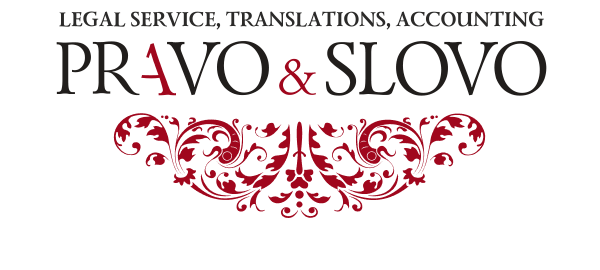Audio and Video Transcription
Transcription is the act of converting an audio or video recording to text. Typing up text may seem to be a rather simple job: just listening to it and typing it out in the text editor of your choice. However, not all is as simple as it appears.
A transcriber has to have wonderful hearing, a good command of Russian, a fast typing speed, as well as being well-versed in the subject of the discussion in the audio or video recording. The situation is further complicated by the fact that there are no general rules for transcribing text: customers send us recordings of different quality and in different subjects. Customers come with different demands and ask for different types of tasks.
Below we will tell you about the types of situations we most commonly encounter.
- Dictation, interviews, and lectures are considered to be among the easiest types of transcription media. The transcriber is usually given a good quality recording and the speaker's speech is structured, since only one person is speaking at once.
- Webinars, conferences, and meetings of all types and levels. For instance: corporate meetings: board of directors, shareholders, etc. meetings. These types of recordings can be simple or rather complex. Of course, it’s easier to transcribe audio or video when only one person is speaking. But that’s not always the case. Sometimes, there are several different people speaking, or for instance there is a roundtable discussion going on of some kind of hot-button topic.
- Court hearing transcriptions are one of the most difficult types of transcriptions to perform. The recording is usually only done from one location. The speakers are located at different distances from each other. There are a lot of voices and often times, people (particularly judges!) don't speak clearly, speak quietly, and talk too fast. Meanwhile, there is a high level of liability in the event of possible mistakes in converting such audio recordings into written form.
As a rule, transcription of court hearing recordings is ordered by one of the parties to a court hearing (most often, the party's representative: an attorney or a lawyer) so they can use this recording to make objections based on any discrepancies in the court hearing transcript.
If you've ever tried to type up text on your own, you’ve surely realized who labor-intensive and difficult it is: it can take over an hour to type up a 10-minute recording. Meanwhile, this service cannot be completely handled by a machine: it’s doubtful you will be happy with the quality of a text transformed from audio format using a special program. In this respect, programs can facilitate the person's work but for now they are incapable of replacing them.
If you have any audio or video recordings that you need converted into text, we are always happy to help!



